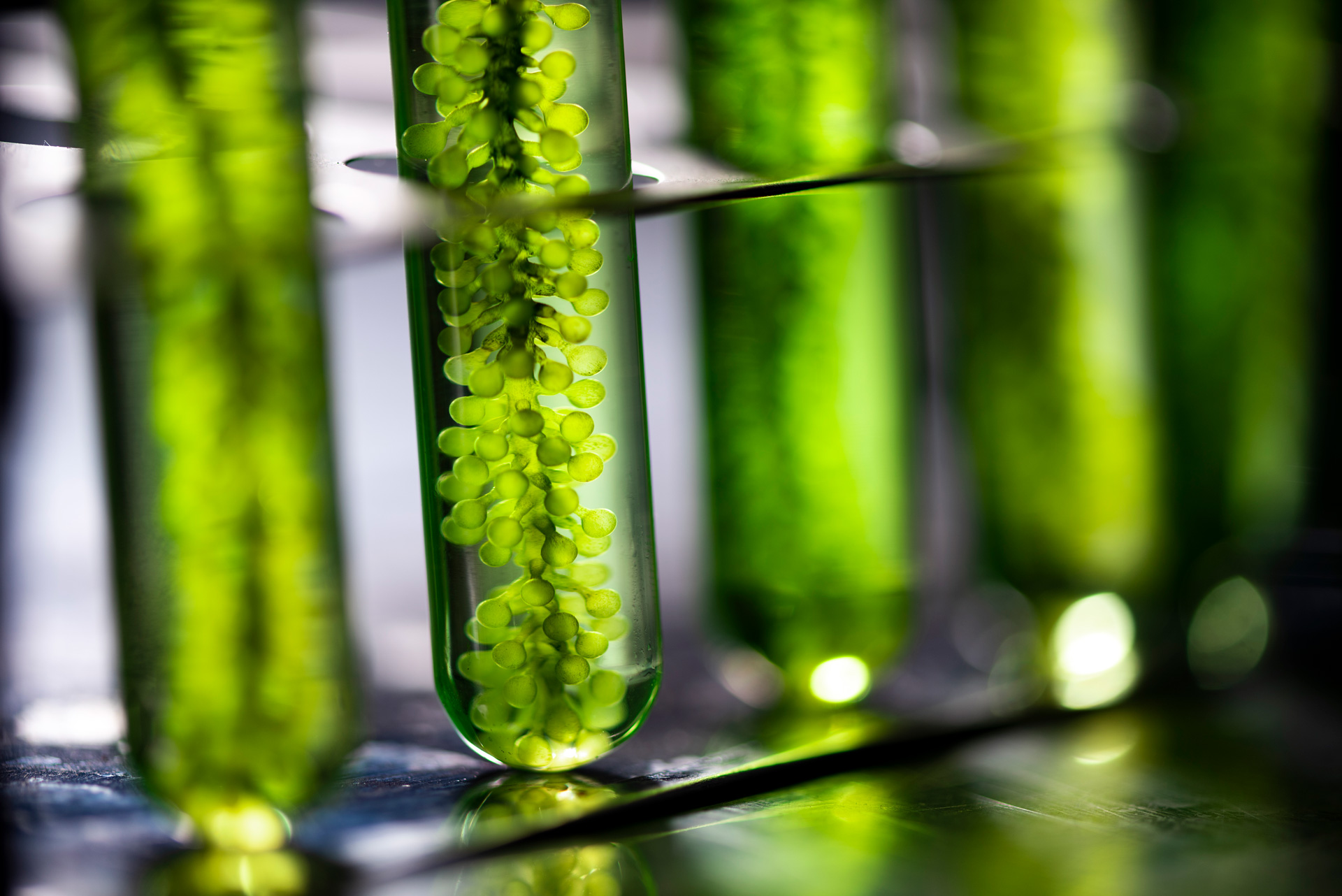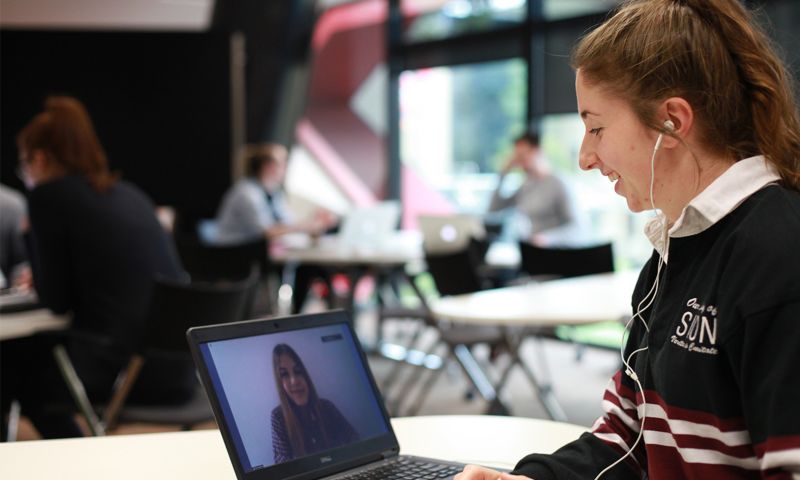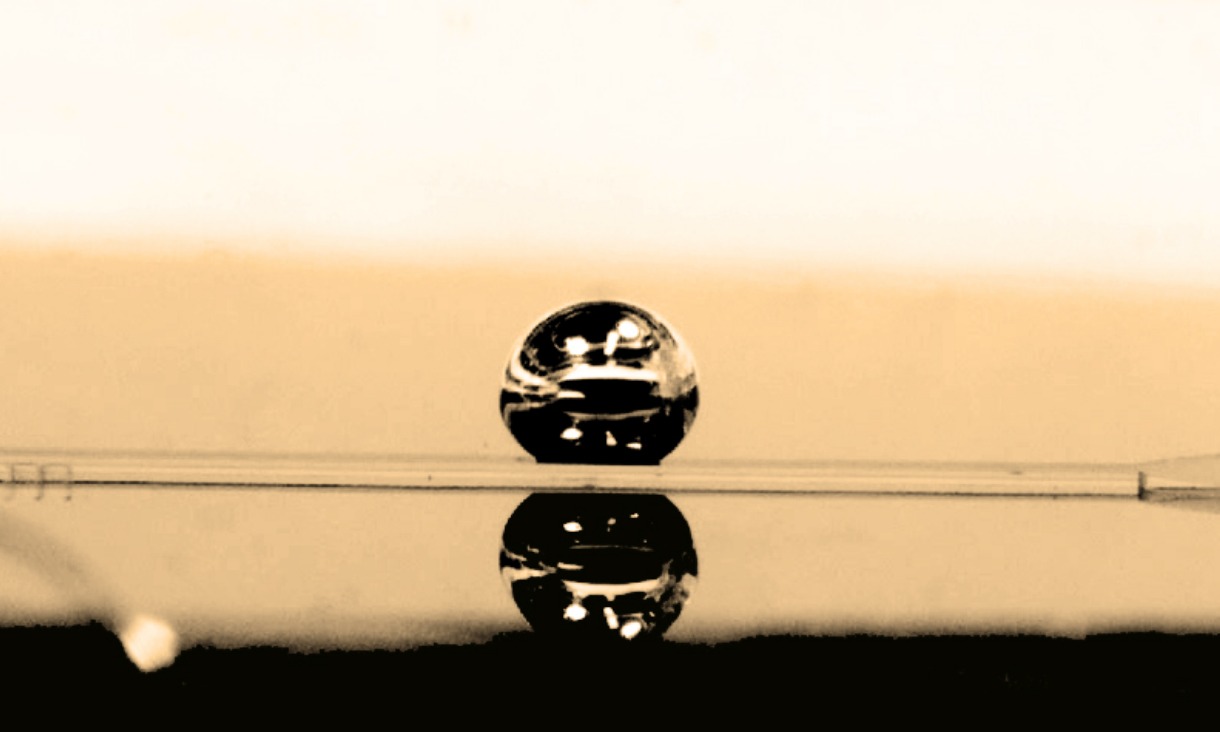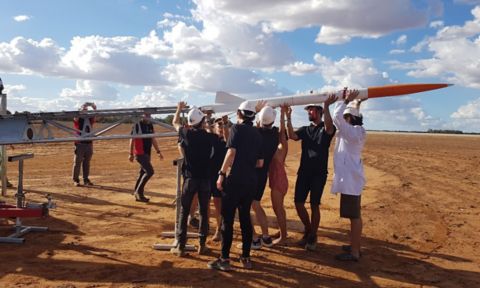STEM Engagement Coordinator Dr William Sullivan believes the program is important for both students and mentors.
“The In2science program aims to empower high school students and University mentors in STEM subjects, enhancing essential soft skills like team work, problem solving and critical thinking for the workforce of 2019 and beyond,” he said.
“Participation in the program develops graduate attributes and provides a capstone experience for STEM students.”
Mentors will work closely with diverse groups allowing them to improve their communication skills, develop their cultural awareness and demonstrate work readiness while also building meaningful relationships with secondary students and their teachers.
STEM student Saumaya Fernando said she loved being able to apply her studies to the program.
“The best part of In2Science mentoring was being able to remind students how much STEM is in our everyday lives and how simple concepts lead to a bigger picture. I also really loved watching the students do practicals and being able to apply the science,” she said.
The In2science program supports the National STEM School Education Strategy goals and areas for national action, such as increasing student STEM ability, engagement, participation and aspiration.
More than 60,000 secondary school students have been mentored since 2004 and this year the program will have around 290 mentor placements in over 50 partner schools via two delivery methods: metropolitan in-class mentoring and regional online eMentoring.
STEM students from La Trobe University, The University of Melbourne, Swinburne University of Technology and Monash University will also be placed into secondary schools as part of the program.
National Science Week (10 – 18 August) is Australia’s annual celebration of science and technology.
Story: Mark Moffat





